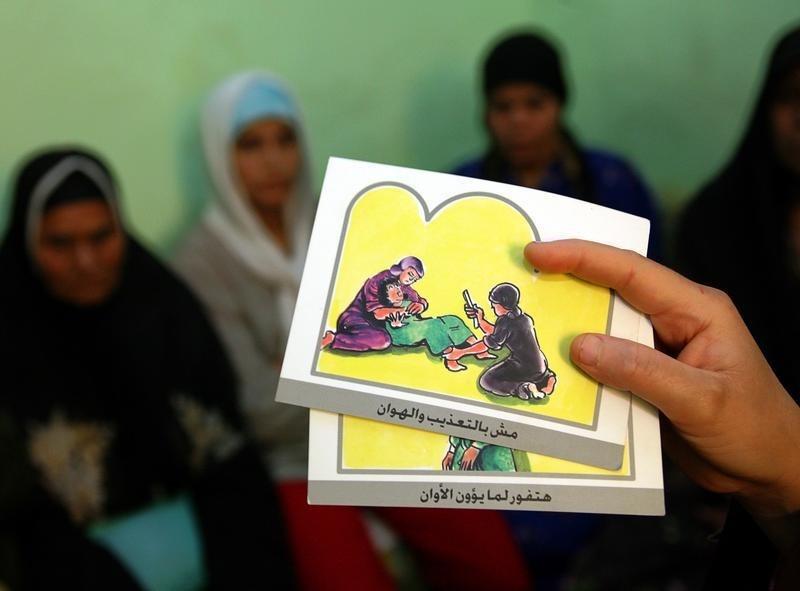
MP Elhamy Agena has said that a law criminalizing female genital mutilation (FGM) will not quash the traditional practice, saying, “I’m realistic. I've spent time among the people, and female circumcision takes place daily.”
Families will not report doctors who perform the operation on their daughters, and the daughters will not report their families, he said.
Speaking on a talk show on Friday, Agena expressed his reservations about the passing of the law, adding that his daughters have not undergone FGM procedures.
“The law criminalizing FGM was introduced in Egypt 10 years ago and has never been enforced,” he said. Making the penalty harsher will not change this, he stressed.
Agena asserted that overcoming the practice will come only through raising awareness. This, he believes, must be done through the media and through the platform of Friday sermons – attended by millions of Muslim Egyptians across the country each week – to convince people of the disadvantages.
“A campaign through media and mosques will strike a lasting chord,” he added.
On September 1, the news website Parlmany published controversial quotes showing Agena to be in support of FGM.
Parlmany reported Agena as saying that FGM reduces women's sexual desire to the same level as that of men.
"We are a nation where men suffer from impotence, and if we stopped FGM we would need strong men, and we don't have men of this sort," Parlmany quoted Agena as saying.
Agena's remarks outraged both men and women, with many stepping in to challenge his views. Egyptian feminist Janet Abdel Aleem was one of them, responding by suggesting he take Viagra rather than subject women and girls to mutilation.
Last month, Egypt's parliament toughened penalties for FGM, adopting amendments that punish perpetrators with up to seven years in prison for carrying out the procedure, and 15 years if a child dies as a result.
FGM was criminalized in 2008 but remains widespread in Egypt. In May, a 17-year-old girl died of a suspected stroke under anesthesia while undergoing female circumcision in the city of Suez.
The United Nations estimates at least 200 million girls and women in 30 countries have undergone the procedure, with half of them in Egypt, Ethiopia and Indonesia.
Edited translation from Al-Masry Al-Youm




